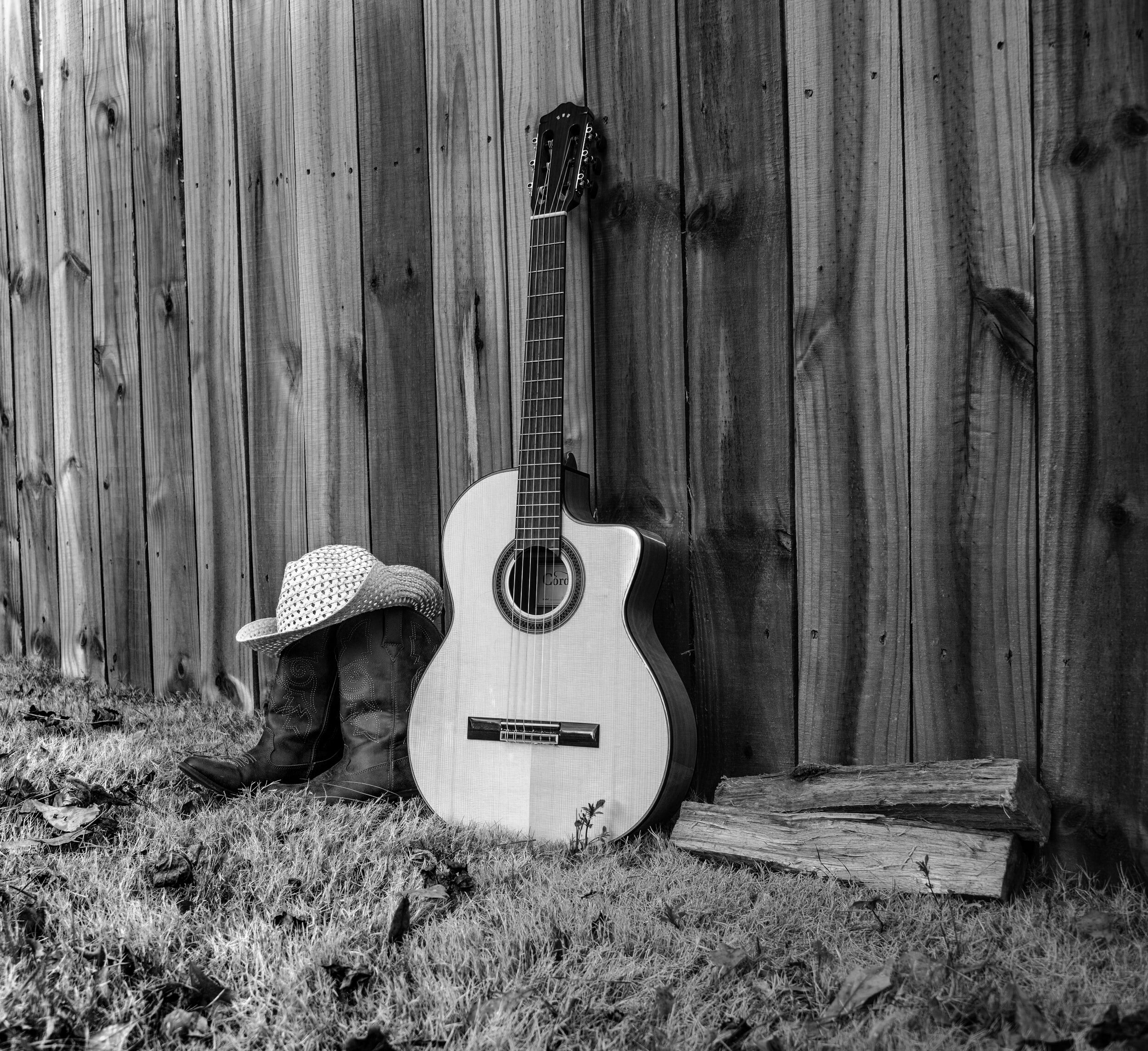Decoding Boredom
You know the most common response I hear when I ask people how they ended up at Second Rodeo? “I’m bored and ready for a change.” A little boredom could be nothing to worry about. If you have kids in the house, you hear it all the time. But prolonged boredom can do some real damage. Unchecked, it leads to things like:
• Low Energy
• Anxiety
• Depression
• Destructive behaviors
Chronic boredom often triggers a search for stimulation, which can lead to risky choices. Extramarital affairs can arise from being bored with the routine of monogamy. Embezzlers have said it began as a game–to escape the monotony, just to see if they could pull it off. Even a hard partying Friday night, following by a weekend long hangover, might be less about having fun and more about needing to feel something–anything besides boredom.
Yet if we avoid the pitfalls, boredom can be a powerful teacher. It’s an indication that something vital is missing from our lives. Perhaps it’s telling us it’s time:
• To re-engage
• To create
• To find meaning
• To regain autonomy
In our work, we frequently remind people that there are no perfect jobs, and even people with great jobs often feel tension from other areas of life. That said, chronic boredom may be a sign that it’s time to start looking for your Second Rodeo. Here are three practices that can help you escape the soul suck of boredom while you are planning that next chapter of your story.
• Recover Your Personal Why– Elite athletes often engage in long, monotonous training to prepare for competition at the highest level. How many miles, how many laps in the pool, how many hours in the weight room before the repetition wears thin? Those who persevere do so because they are able to instantly call up the reason why they submit themselves to the tedium–the Olympic Games or a National Championship, for example.
• Create personal rhythms & rituals–Many of our habits and rituals are about our work, not about ourselves. Creating a sequence of behaviors that takes care of you first seems selfish to some, but it’s actually the highest priority. Without a practice of self-care, boredom is just the first pitstop on the way to burnout.
• Embrace the new– When I am unable to regain my sense of purpose, or experience the renewal of ritual, it may be time for something new. That may mean a change of job or career, but not always. It might mean I’m in a rut in another area of my life. Sometimes picking up a new hobby or returning to an old favorite makes a difference. Learning something new, no matter what the subject, has been shown valuable to keeping our minds active.
Let boredom be your guide, not your obstacle. And if boredom is what brought you to Second Rodeo, let’s talk. You aren’t alone.
***
We depend on our readers to help us spread the Second Rodeo vision. If you found this article useful or interesting, could you please forward to someone who might benefit from it?


